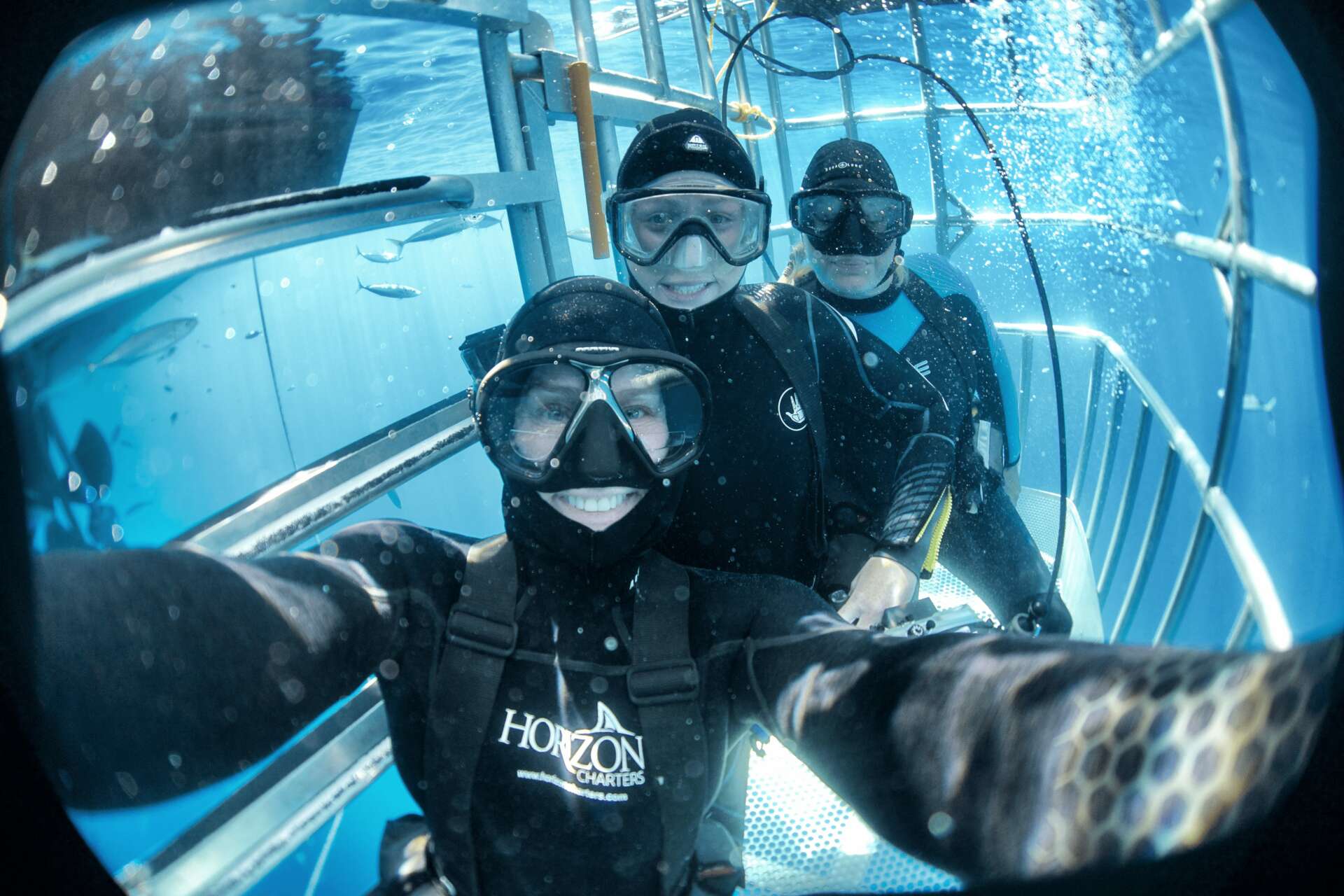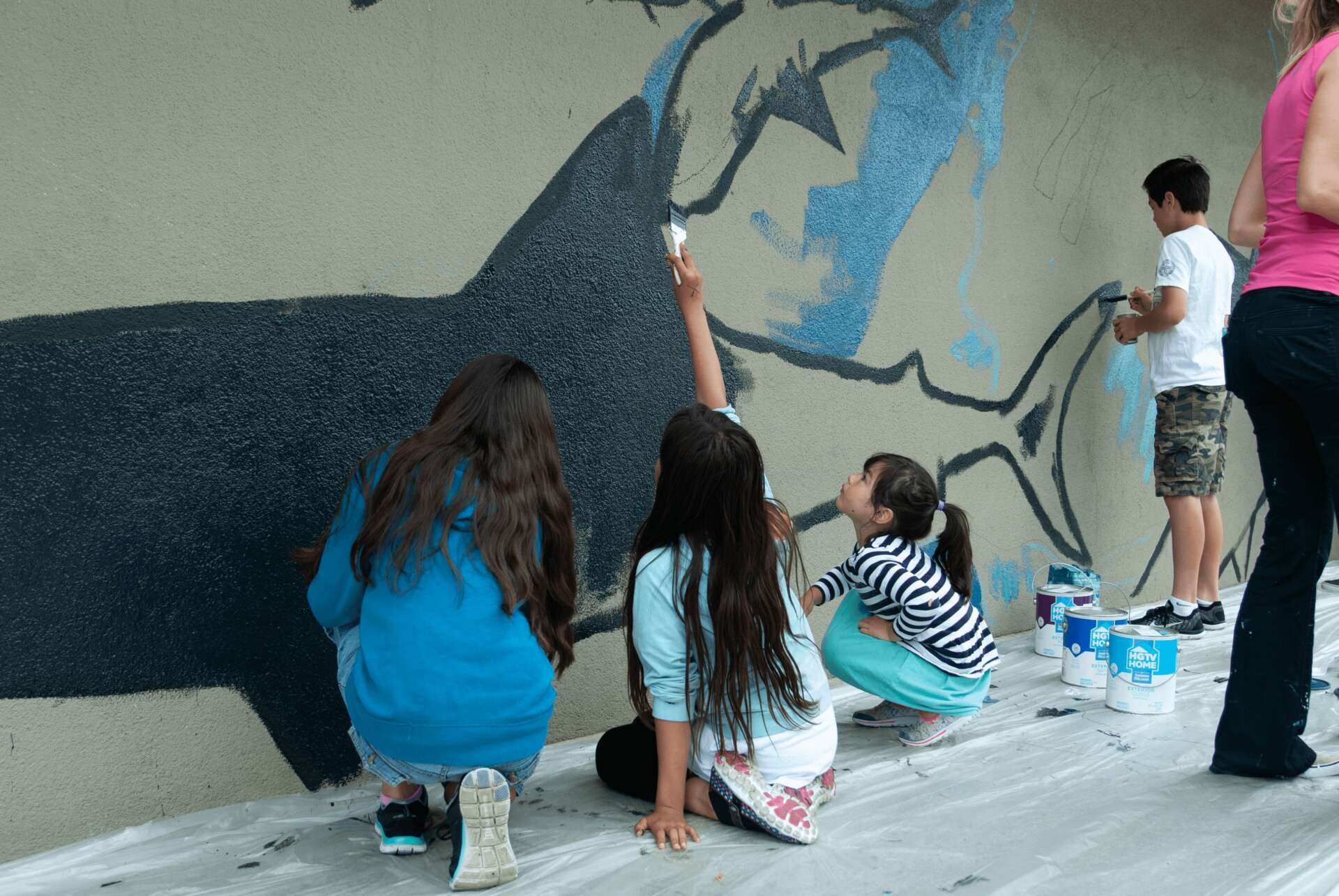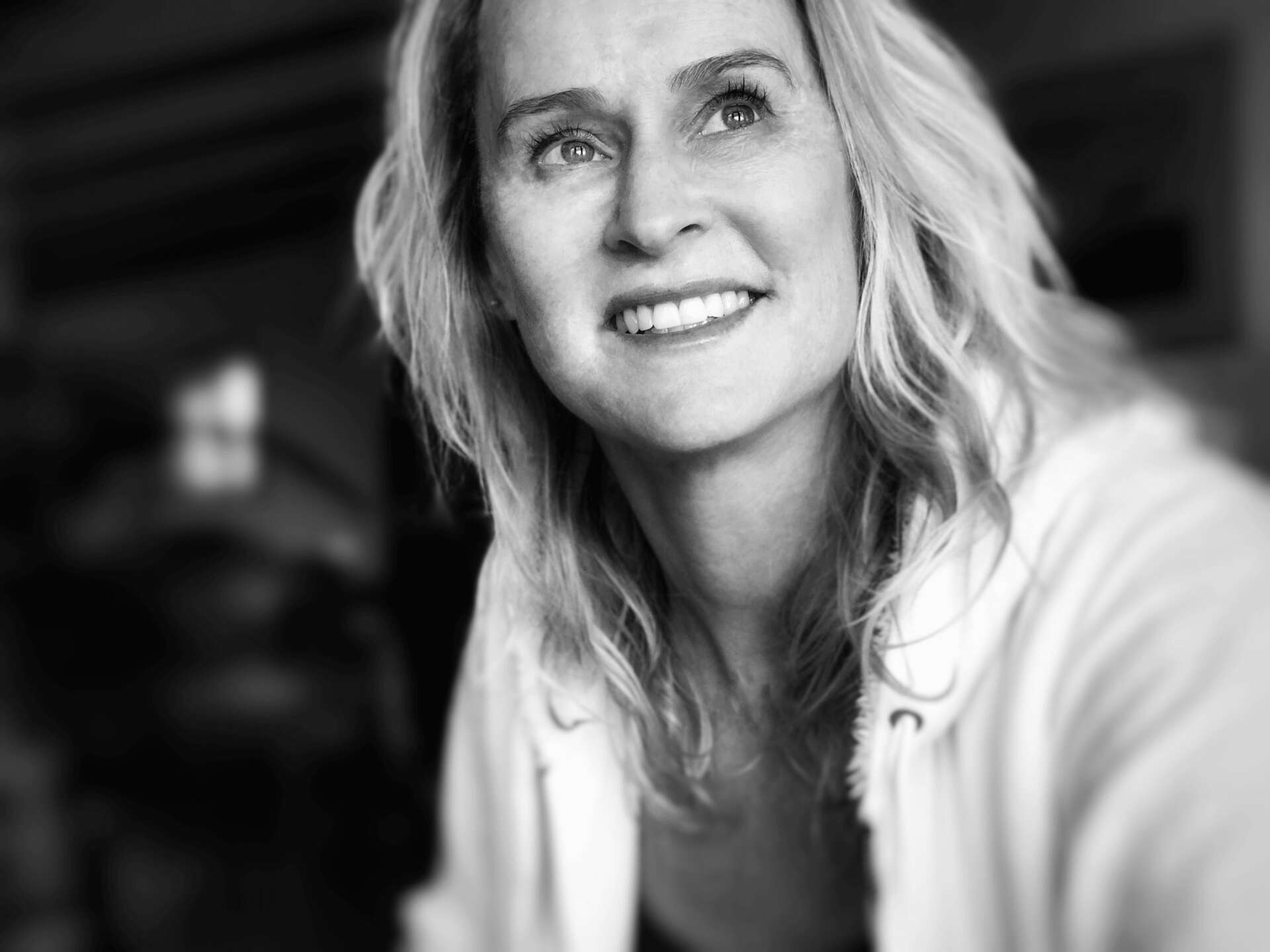We caught up with the brilliant and insightful Stefanie Brendl a few weeks ago and have shared our conversation below.
Alright, Stefanie thanks for taking the time to share your stories and insights with us today. Let’s talk about innovation. What’s the most innovative thing you’ve done in your career?
The most innovative thing I have done in my shark conservation work has been the establishment of new laws that dealt with the shark fin trade in a way that hadn’t been tried before. Traditionally, the management of fish species in the ocean was firmly in the hands of fisheries management agencies, which have greatly failed at protecting sharks from over-exploitation over the past decades. On the law front, conservation initiatives focused on species protection measures, which were mostly unenforceable when it came to the trade of highly profitable products such as shark fins. To understand this, one has to realize that shark fins are the single biggest reason why millions of sharks are killed every year. The dynamics are very similar to elephants and the hunt for ivory. So in 2010, together with a visionary Senator in Hawaii, we decided to go after the trade, by drafting a TRADE law, prohibiting the sale, possession, and trade of shark fins, which, after succeeding in Hawaii, became the precedent that was followed by many Pacific Island nations, 14 US State laws, before passing as a US national law in federal courts, and in Canada. It has now made its way into the European Union where it is considered as a future law proposal.
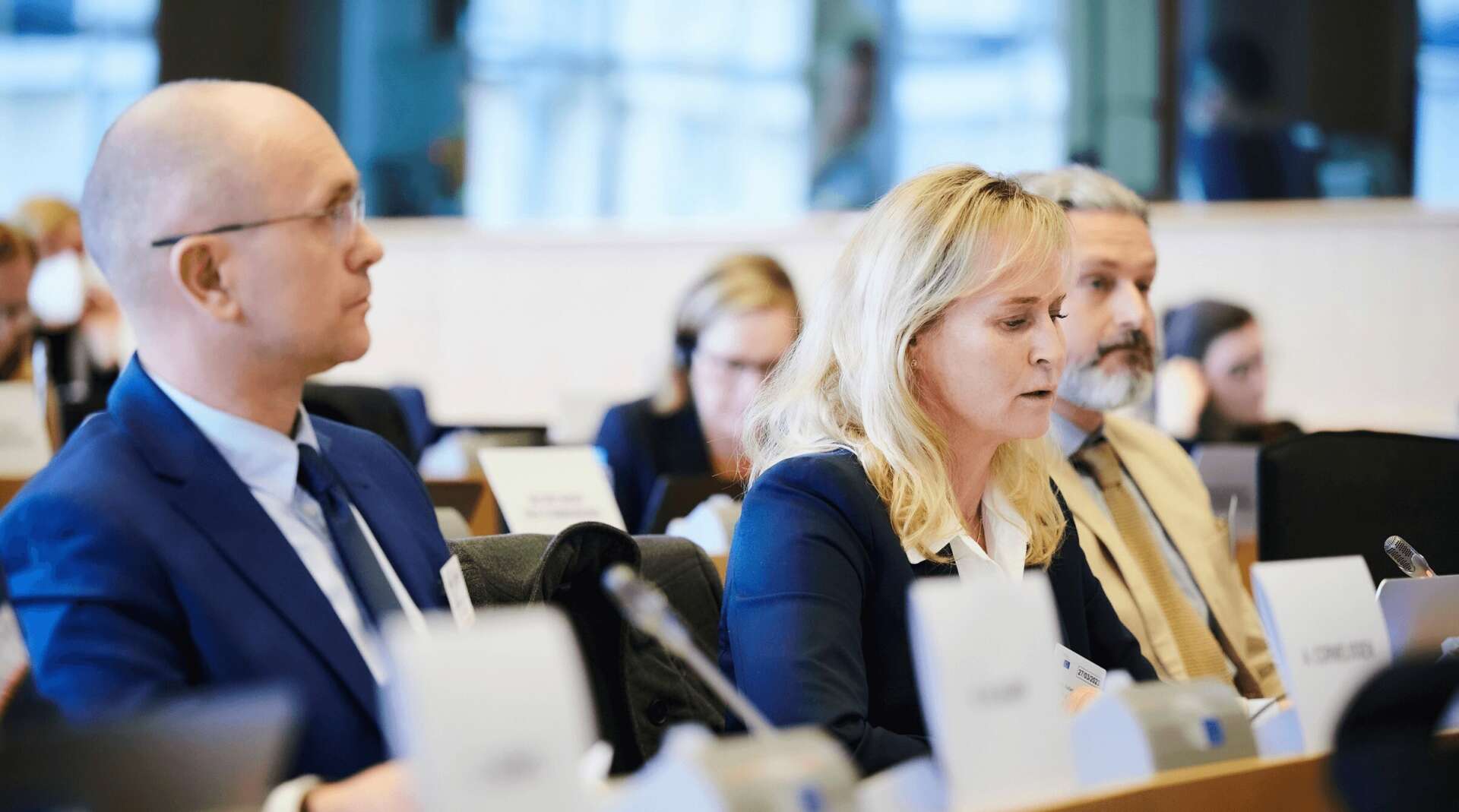
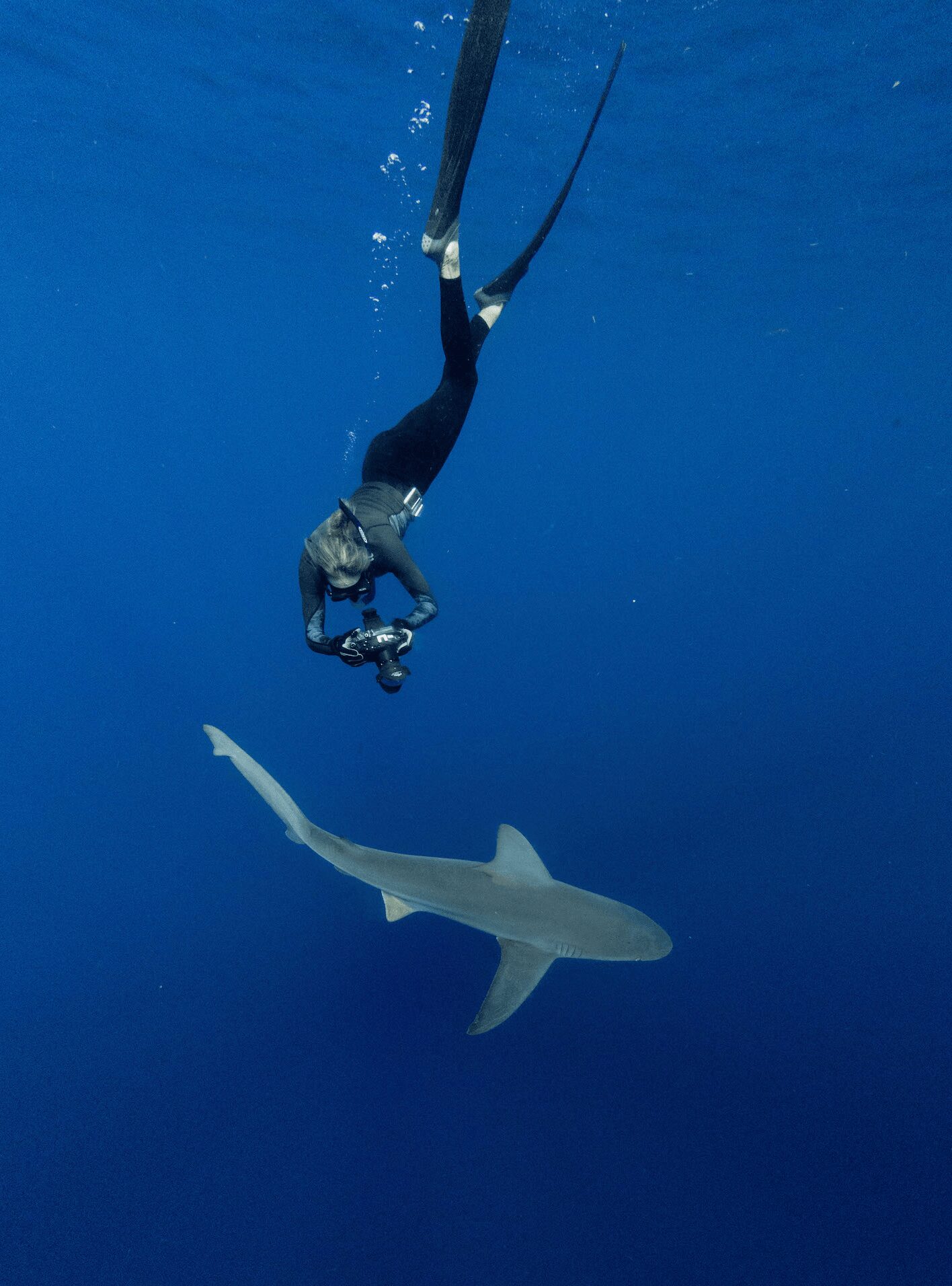
As always, we appreciate you sharing your insights and we’ve got a few more questions for you, but before we get to all of that can you take a minute to introduce yourself and give our readers some of your back background and context?
I am a person who has always been passionate about protecting animals and nature, and through many years of diving and working in the ocean, I slowly developed my skill set as a shark advocate. Meaning, I had something to say and something to contribute to the field, based on what I had learned and where I had worked. While I love all animals, I felt I had a particular niche in ocean conservation where I might be more impactful, and where help was needed. So my attention became more and more focused on sharks. I established Shark Allies, a non-profit, in 2007 in Hawaii, and brought it to California in 2014. What we bring to our community is a non-wavering advocacy goal that identifies opportunities where we can make progress, and that leads the way through campaigns that would otherwise be hard for the public to access, understand, and take part in. We are very proud of the fact that we have significantly moved the needle over the past decade and have helped change the way sharks are perceived and how they are protected. There is still a long way to go. Shark conservation is, in general, underpowered and underfunded, and it is always an uphill battle to defend animals that are generally hated and feared. But this makes our dedication to the cause even stronger. What everyone who supports and follows us knows is that we will always fight as hard as we can with what we have. One additional aspect of our organization is that we are open and inclusive and do not have any academic barriers for anyone who wants to help. We believe anyone can get involved, no matter what their background may be.
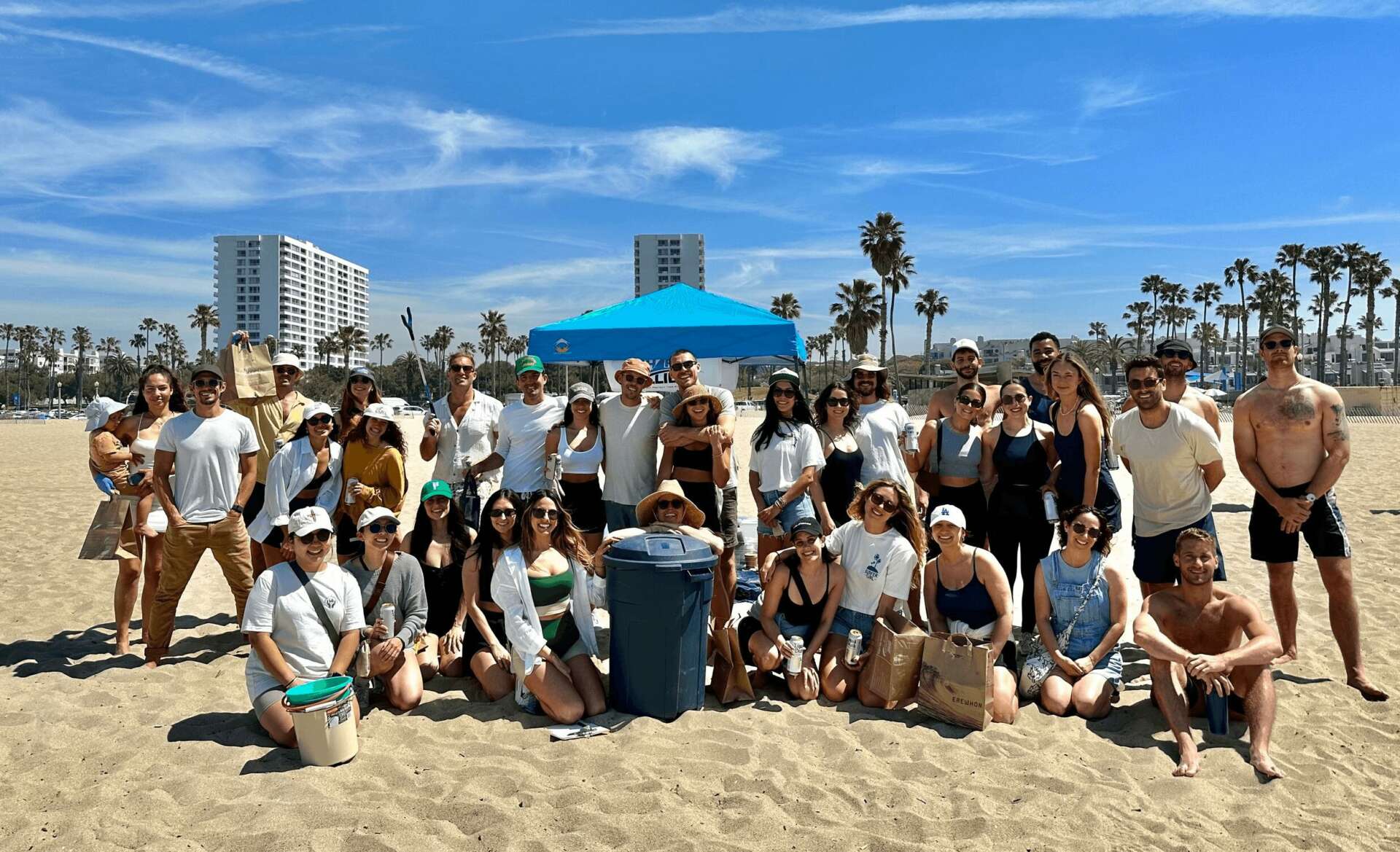
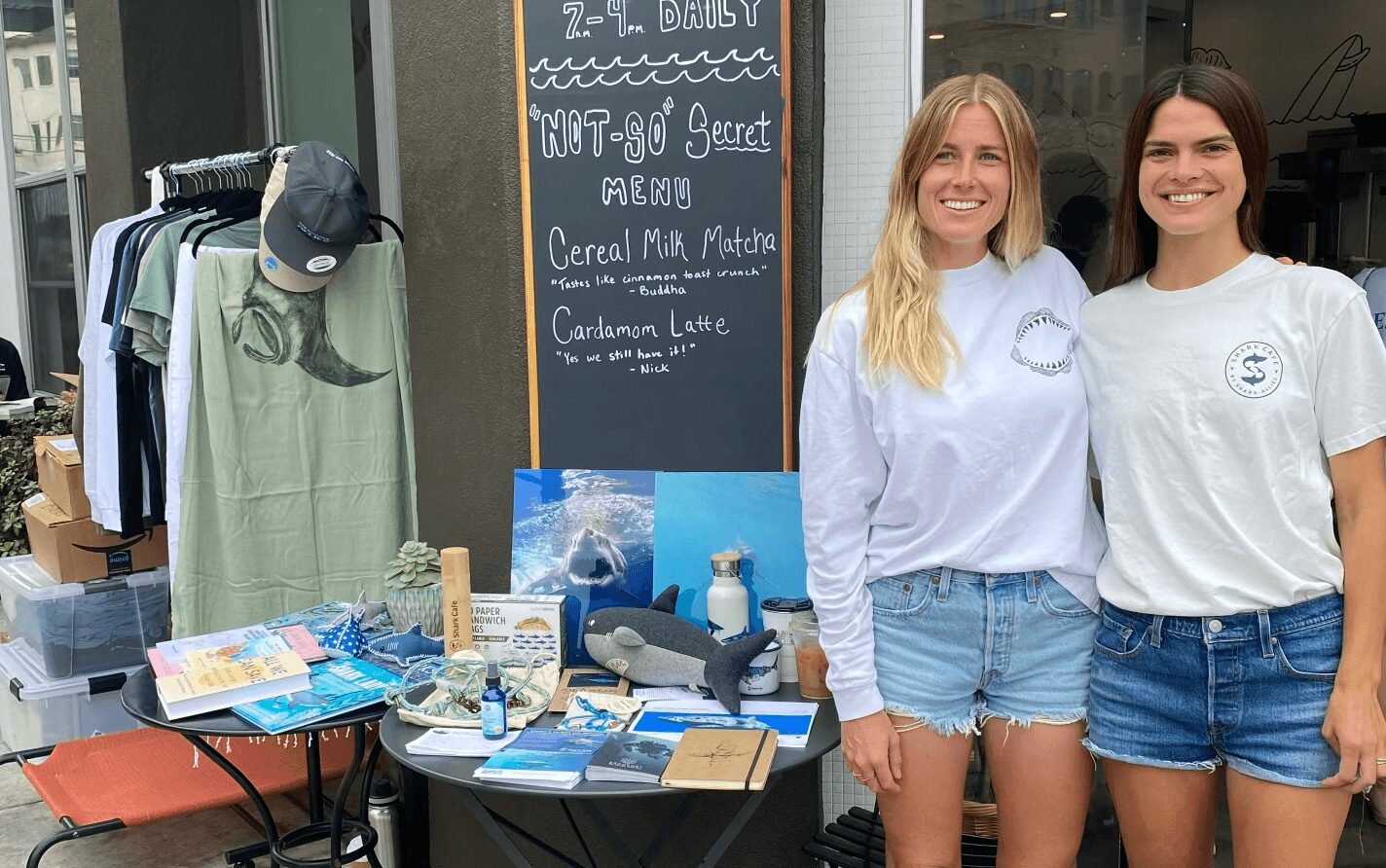
What do you think helped you build your reputation within your market?
My reputation is closely linked with how we approach work in Shark Allies. It is based on a pure goal of making an impact and doing what is needed to help the animals rather than doing what is popular. We don’t go for the easy win, but for the campaigns that are most important. I believe there is little doubt in what we try to accomplish and how we achieve it. Self-interests are secondary.
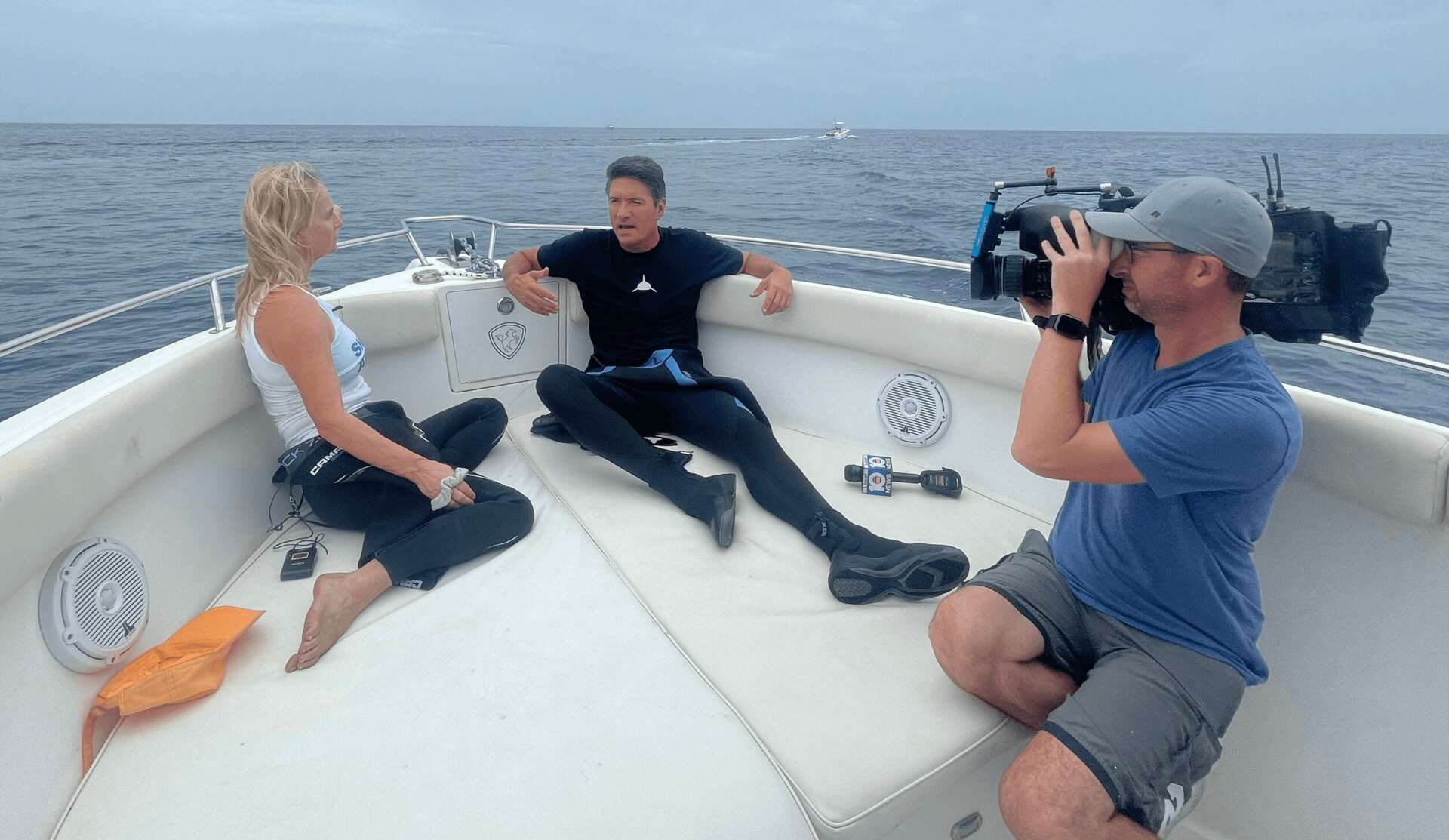
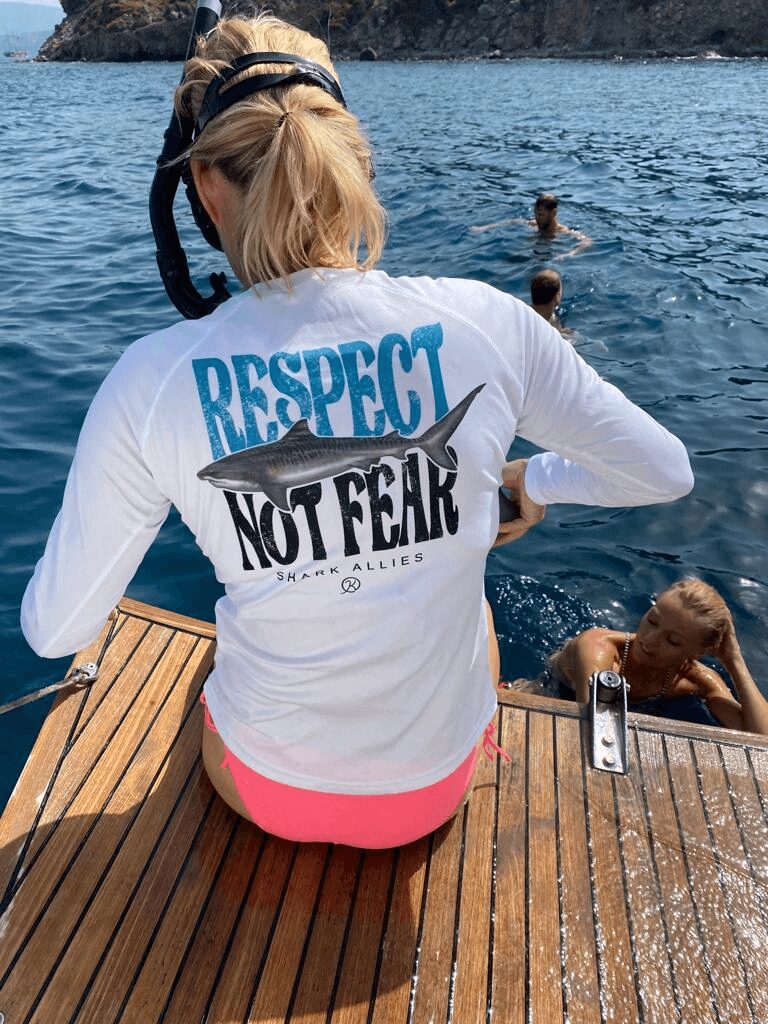
Learning and unlearning are both critical parts of growth – can you share a story of a time when you had to unlearn a lesson?
The biggest lesson I learned is to stop trying to fit into the traditional model of advocacy/conservation NGOs. In my initial years I was trying very hard to follow what others were doing in this industry, thinking that I should emulate what others, with more experience, were doing. But eventually, it became clear that the advocacy world is as much a bubble as many other industries, and that the expectations and superior attitudes of some of the larger established groups can hinder any innovation. I recognized that being independent, small, and scrappy was more effective in many ways. While it makes funding a whole lot more difficult, remaining small and somewhat solo lets me and my collaborators work in a way that is more risky with a lot of flexibility and an approach that can quickly adapt to any situation. This is a strategy many large non-profits miss out on because they have department hierarchies and red tape to adhere to that slows down any progress or creativity.
Contact Info:
- Website: https://sharkallies.org/
- Instagram: https://www.instagram.com/sharkallies/
- Facebook: https://www.facebook.com/SharkAllies/
- Linkedin: https://www.linkedin.com/in/stefanie-brendl-13323bb9/
- Twitter: https://x.com/sharkallies
- Youtube: https://www.youtube.com/@sharkallies
